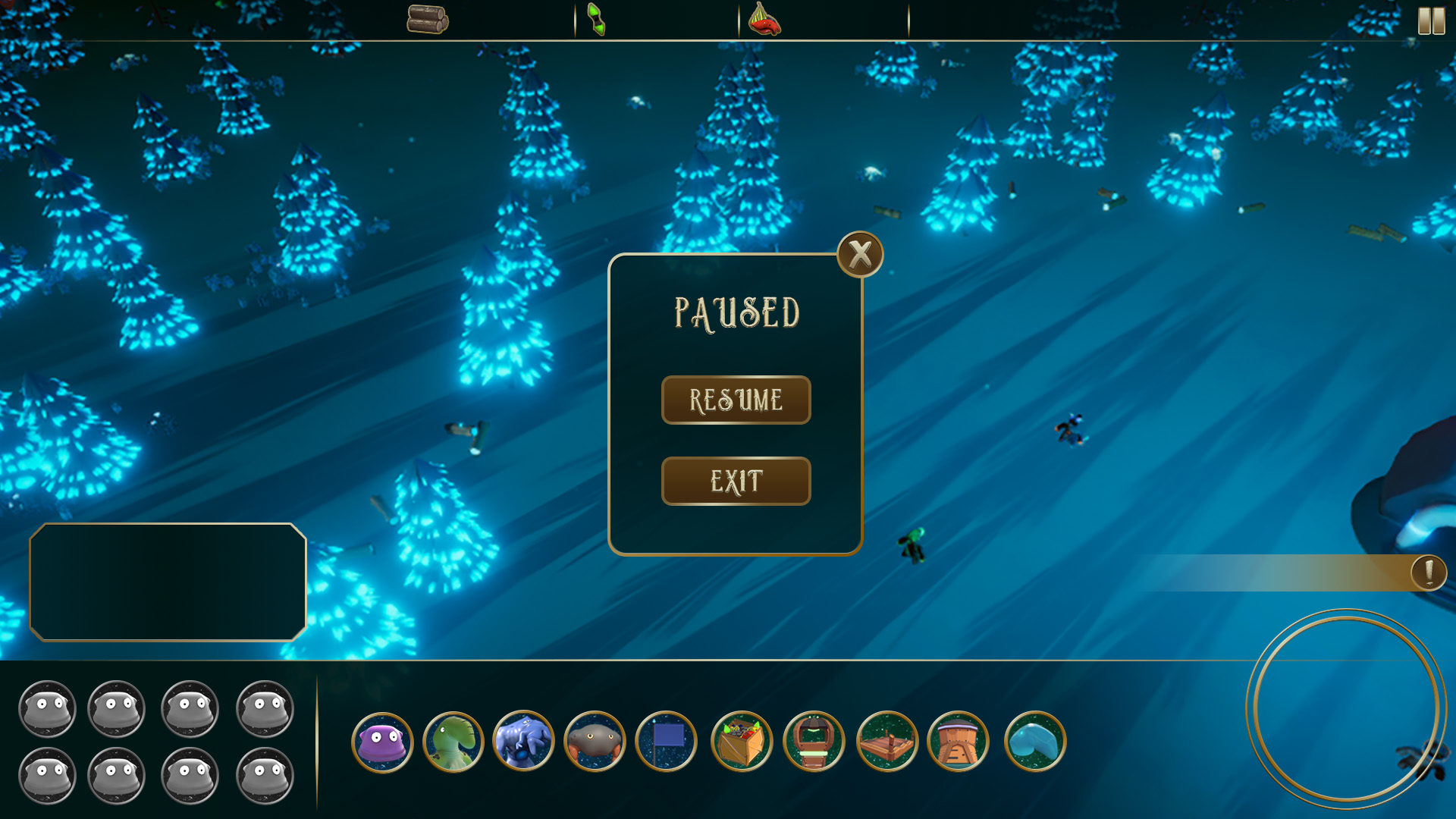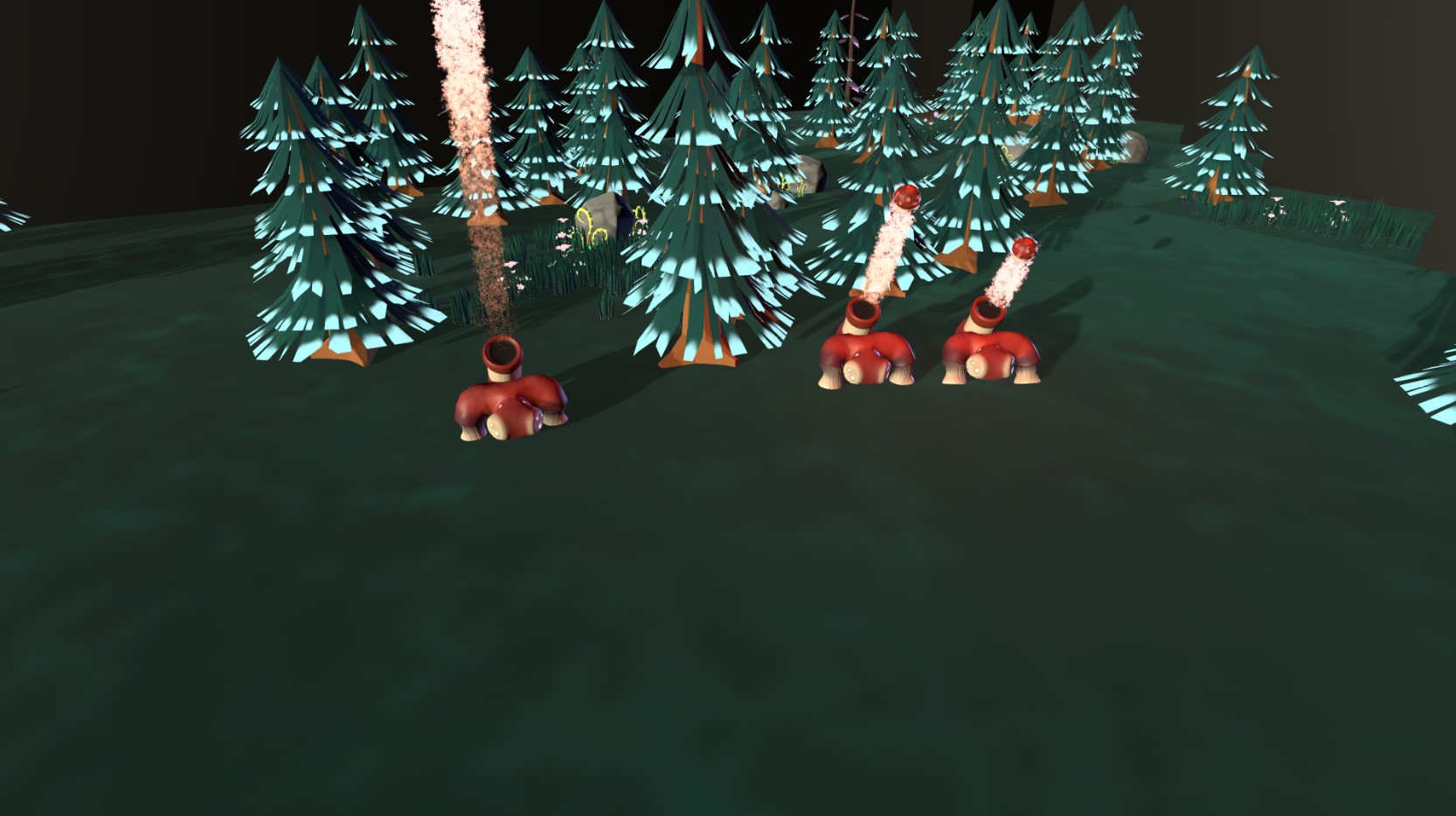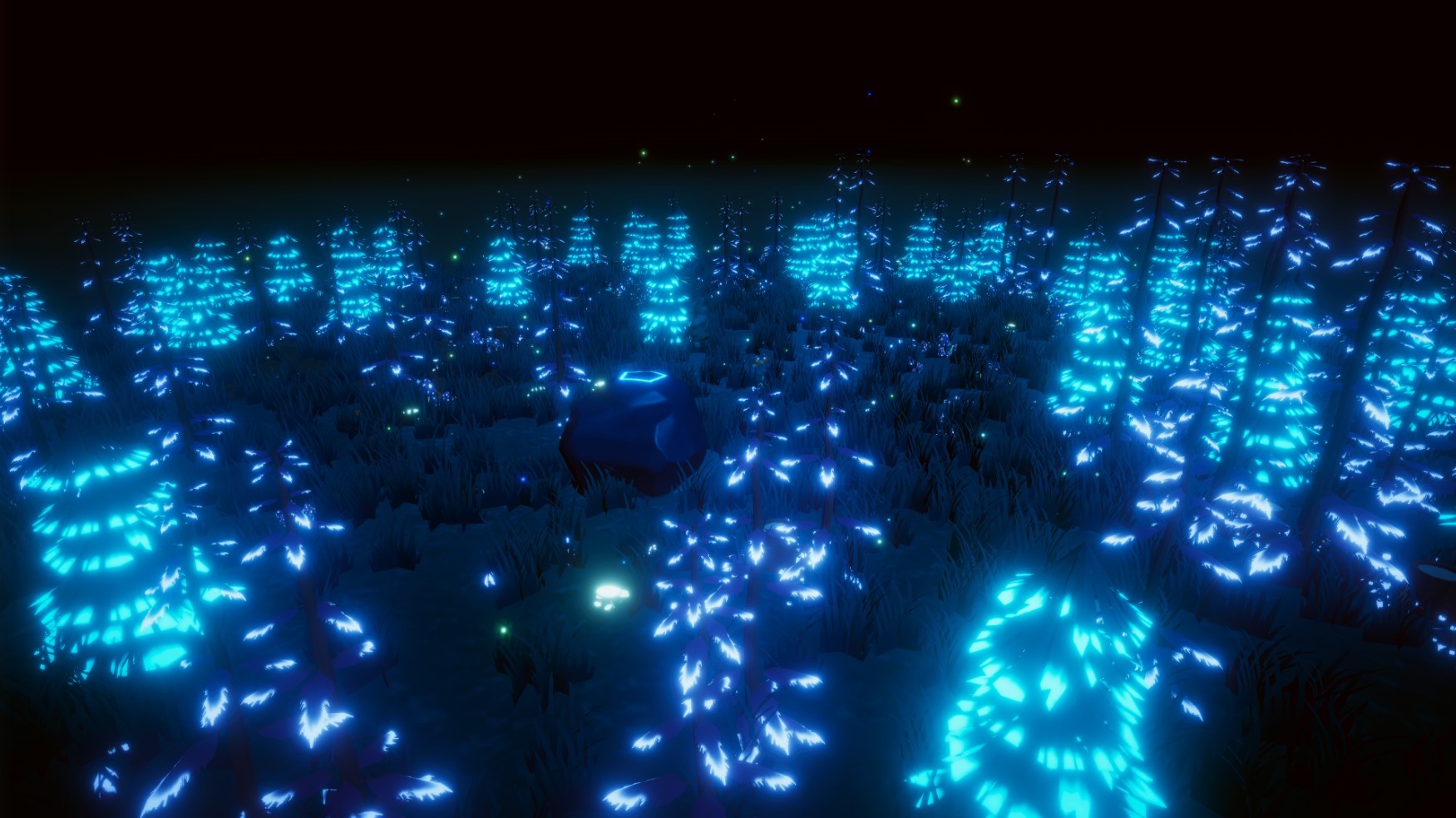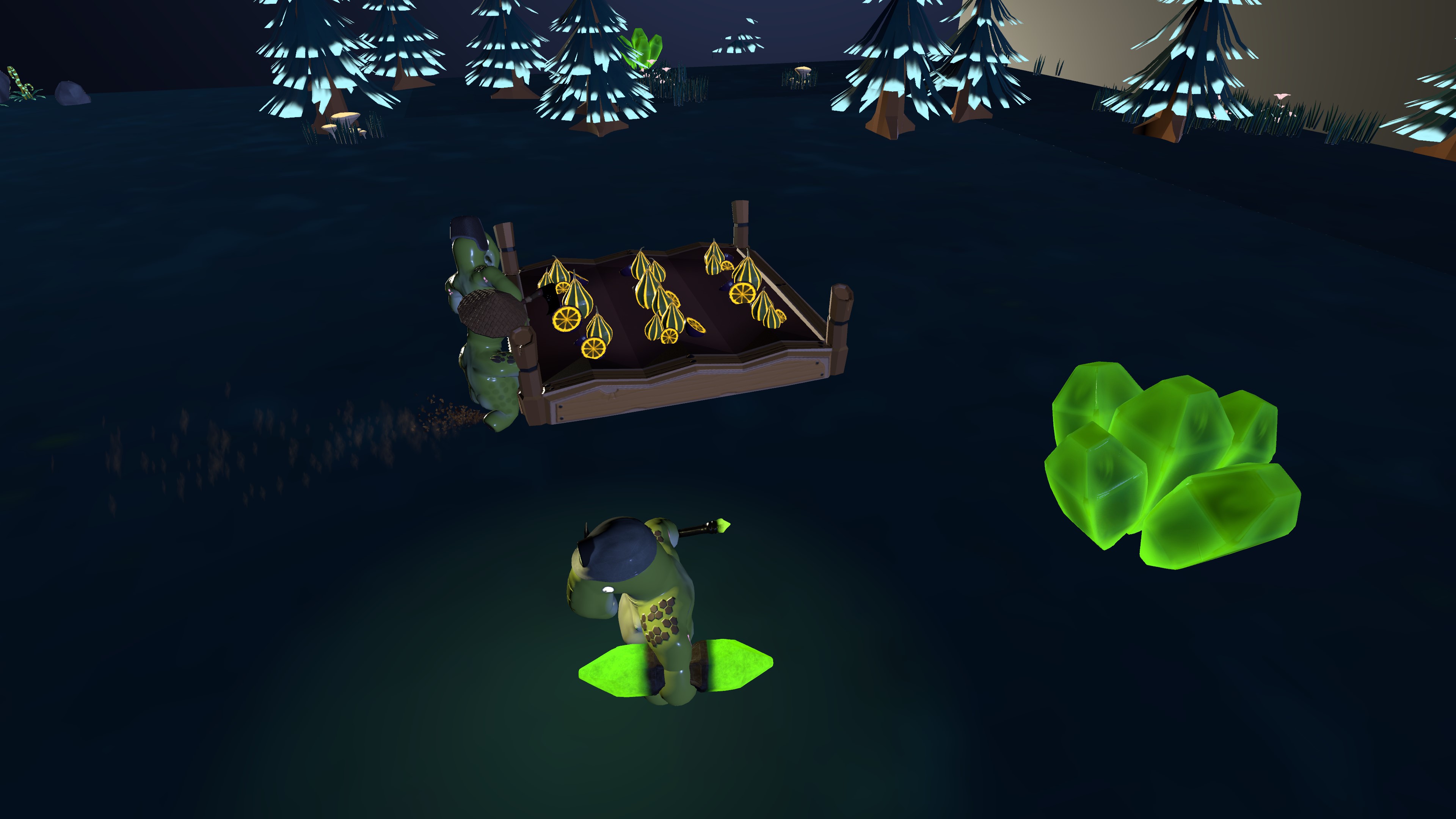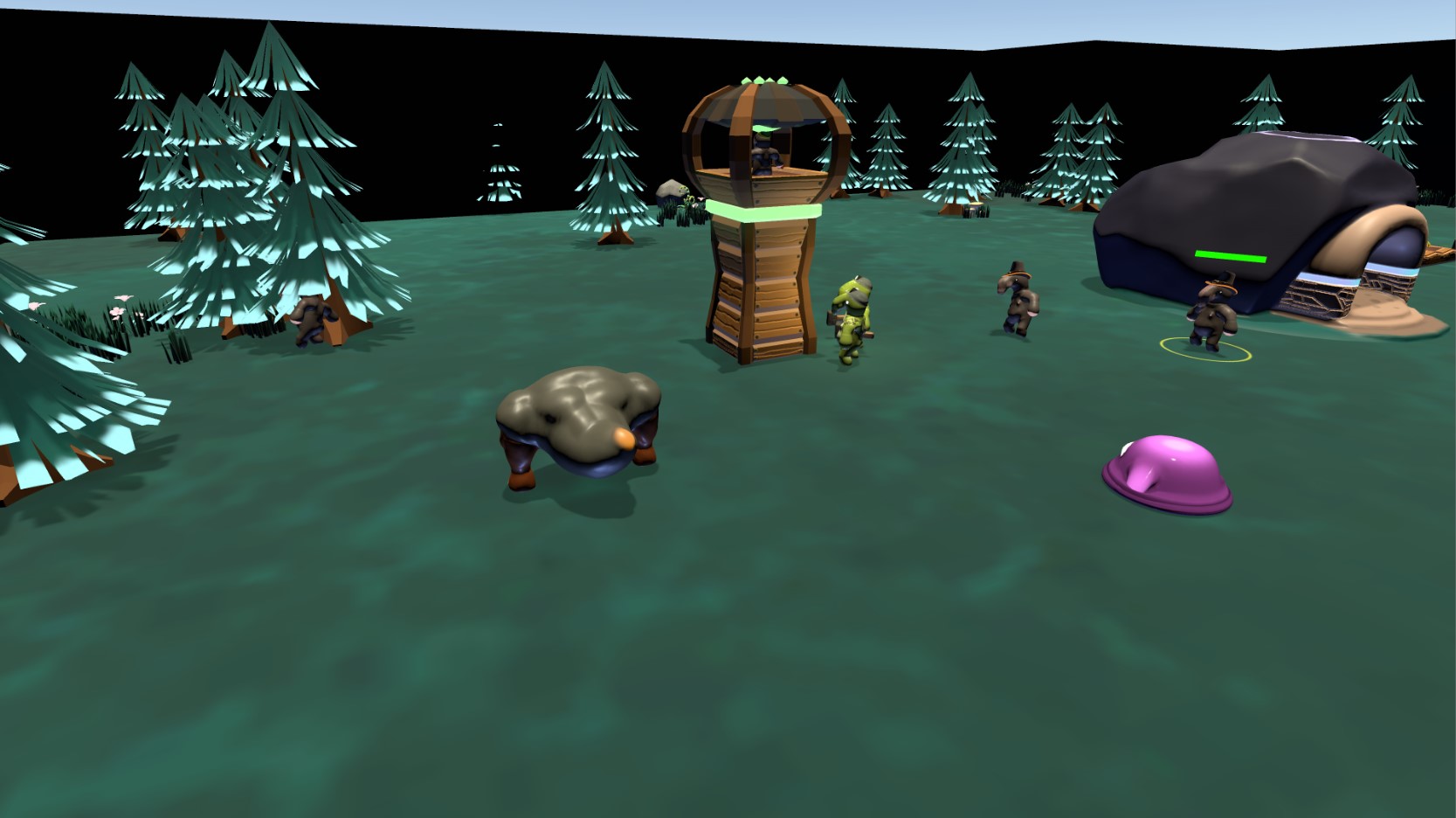About the Project
"Nature Survives" was the final group project that our team, "Throwaway Games," diligently worked on. Despite initial skepticism from our lecturers about our ability to develop an RTS game within the allocated timeframe, we proved them wrong. Our team originally comprised five members, including three Technical Game Artists - Ben Llewellyn, Shannell Ulunga, and Stephanie Lei. The two Software Engineers were Blair Corban and myself, and we were fortunate to welcome Charmaine Lim as a new member during the second semester.
Our approach to gameplay was to distinguish "Nature Survives" from conventional RTS games by offering a relatively basic yet unique experience. Unlike lengthy RTS games, our focus was on survival until sunrise. Players had to strategically build farms, gather wood and gems, and fortify their armies or construct watch-towers to endure the night and emerge victorious. The game was designed to offer endless gameplay, even though it lacked a definitive endpoint.
I took an active role in developing several core systems, such as camera handling, unit manipulation, and group selection. Like many others, I had some experience playing RTS games like Age of Mythology, but I underestimated the complexity involved in creating such a game. Nevertheless, I am proud of our accomplishments.
We showcased "Nature Survives" at the 2019 Wellington Armageddon Expo for the Media Design School, witnessing people of all ages engaging with our game and attempting to conquer its challenges. We discovered that while our game's balance was reasonable, its difficulty level proved exceptionally high, as only one player could emerge as the victor. To mitigate this, we implemented various changes to watch towers and certain units.
Naturally, we encountered challenges during the game development process, as is typical in the industry. One major hurdle stemmed from the design of certain systems, particularly the extensive use of if/else statements. To optimize performance, I transitioned everything to a dictionary-based system, enabling faster iteration of unit interactions and capabilities.
A significant issue we faced was related to performance, as our focus on Unity Development at MDS was limited, with Unreal Engine being more prominently used by students. Consequently, performance profiling was not extensively taught. To address this, I identified and resolved performance bottlenecks, particularly in the Fog Of War system, which significantly improved gameplay.
Reflecting on our project and the knowledge I've gained post-University, I recognize the value of adopting a more professional git-flow approach. Proper version control would have alleviated some challenges when issues arose. Despite the learning curve and occasional difficulties, being part of Team Throwaway Games has been a valuable experience, teaching us important lessons as we continue to grow and improve.
-
Date
June 2018 - June 2019
-
Client Name
Throwaway Games
